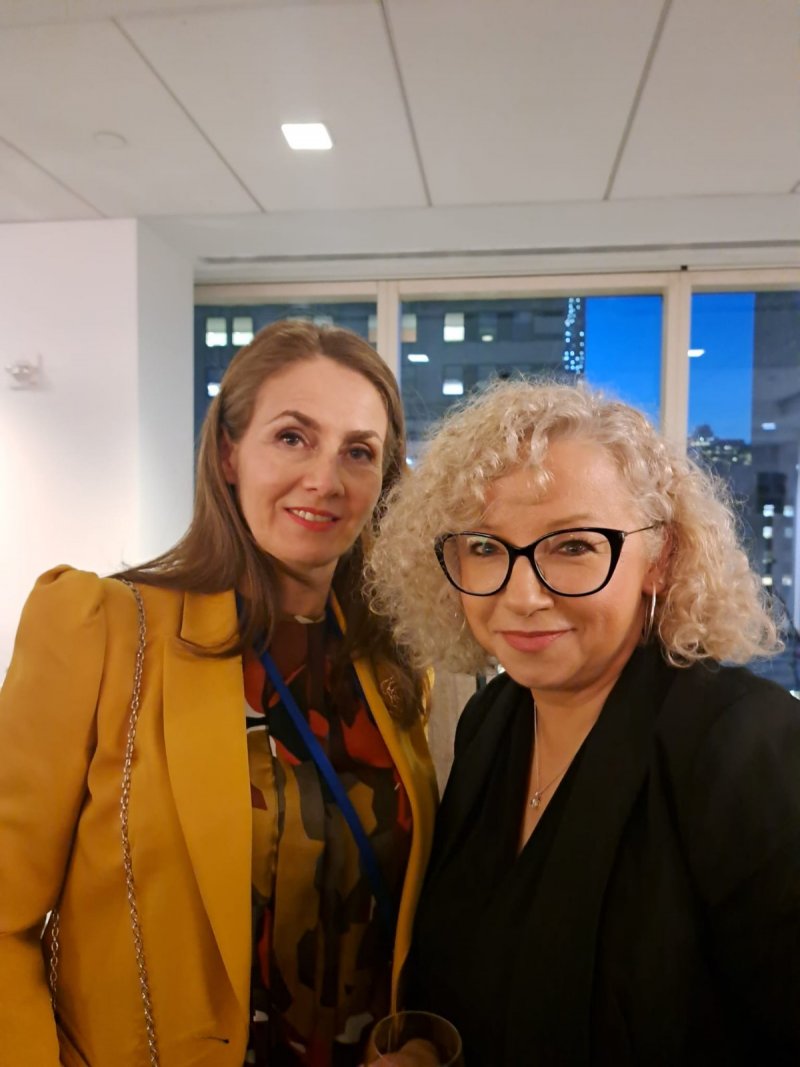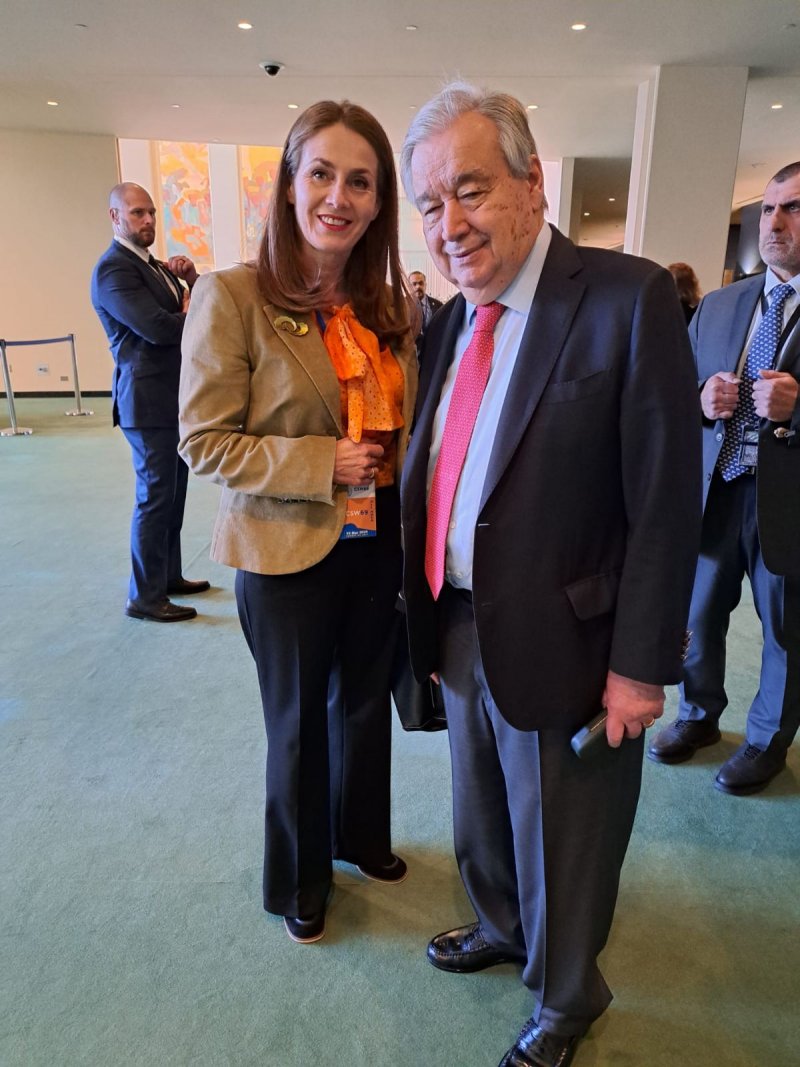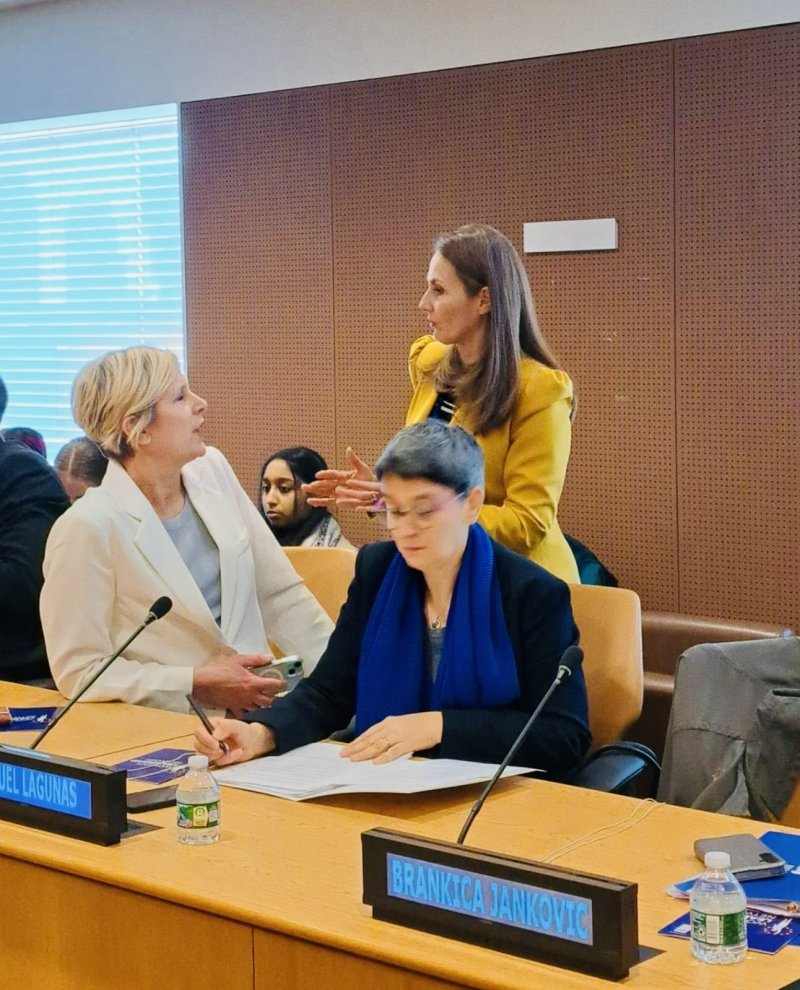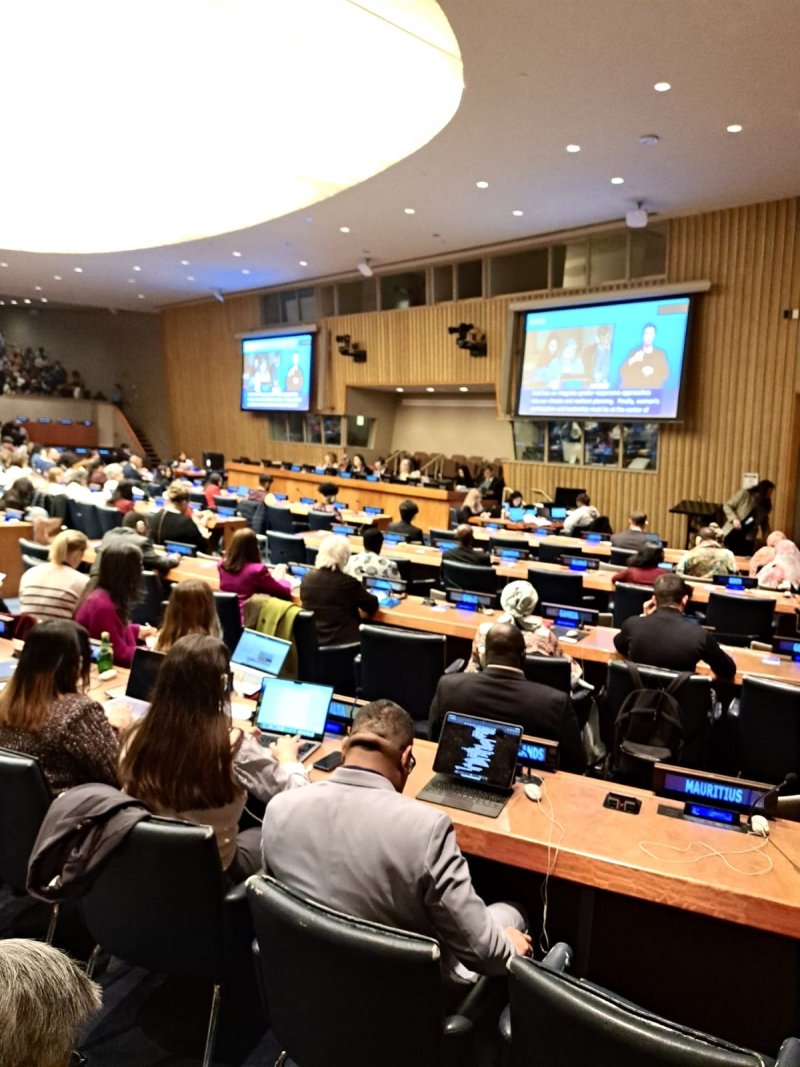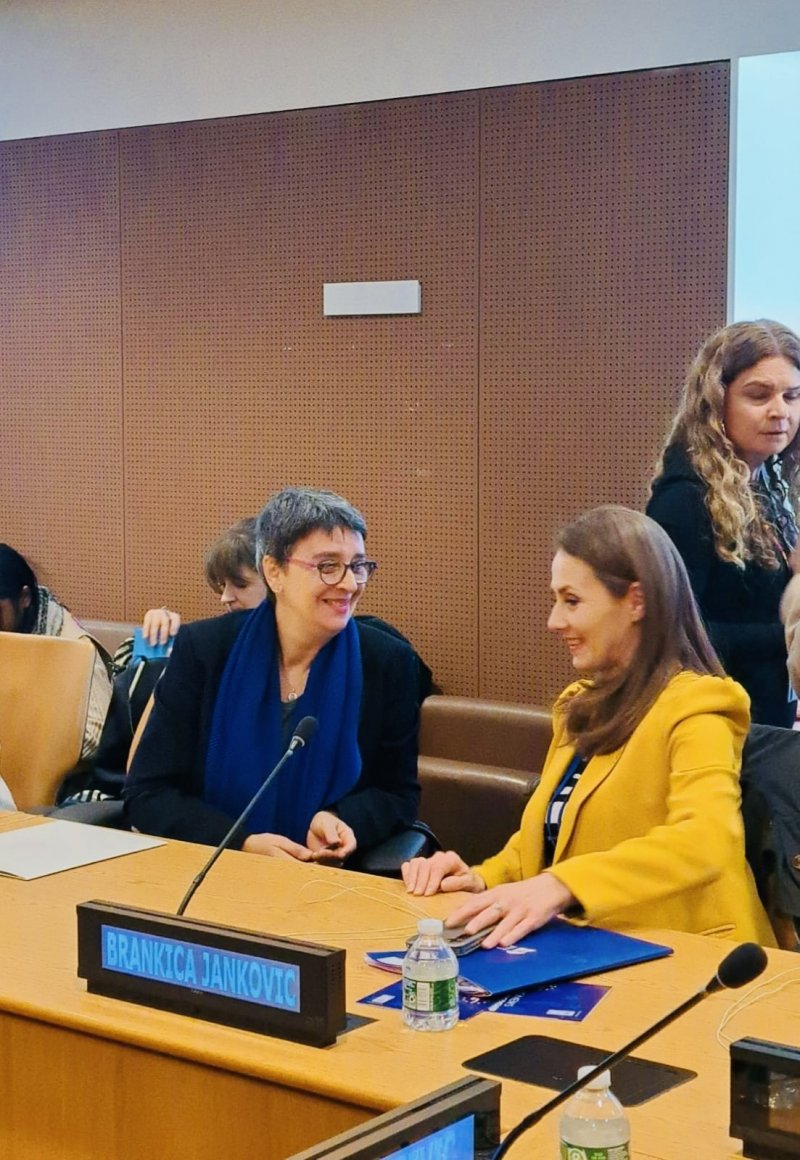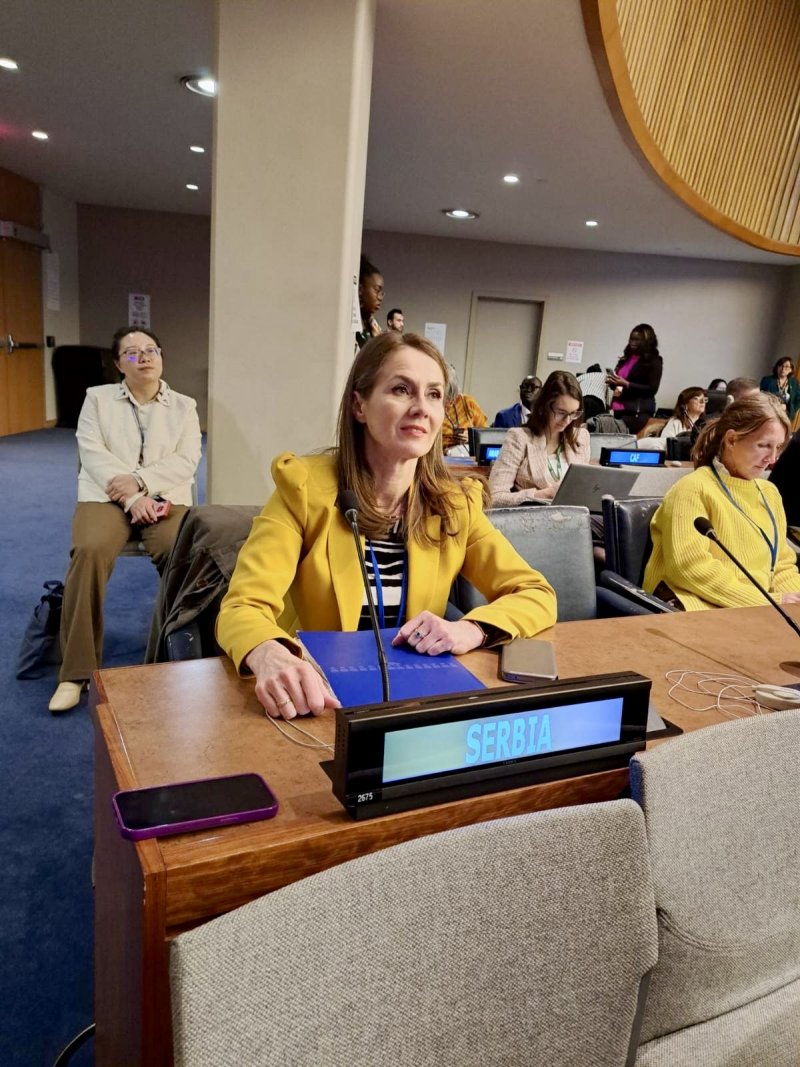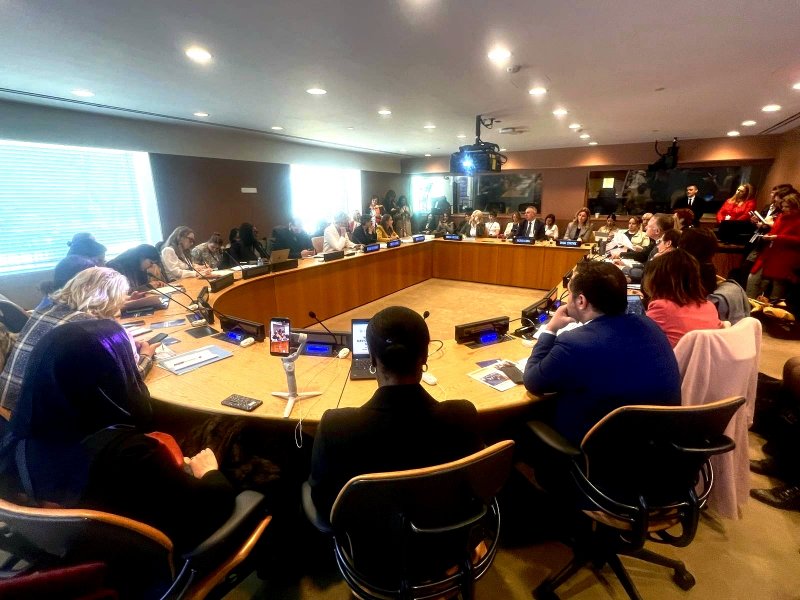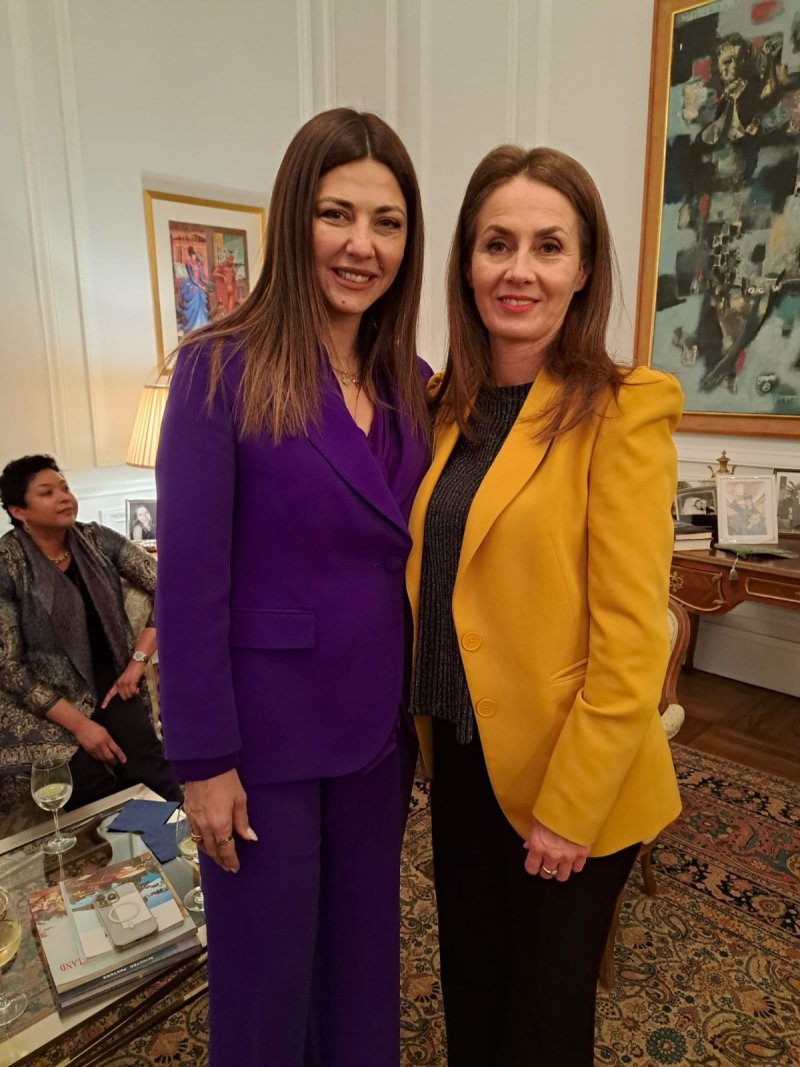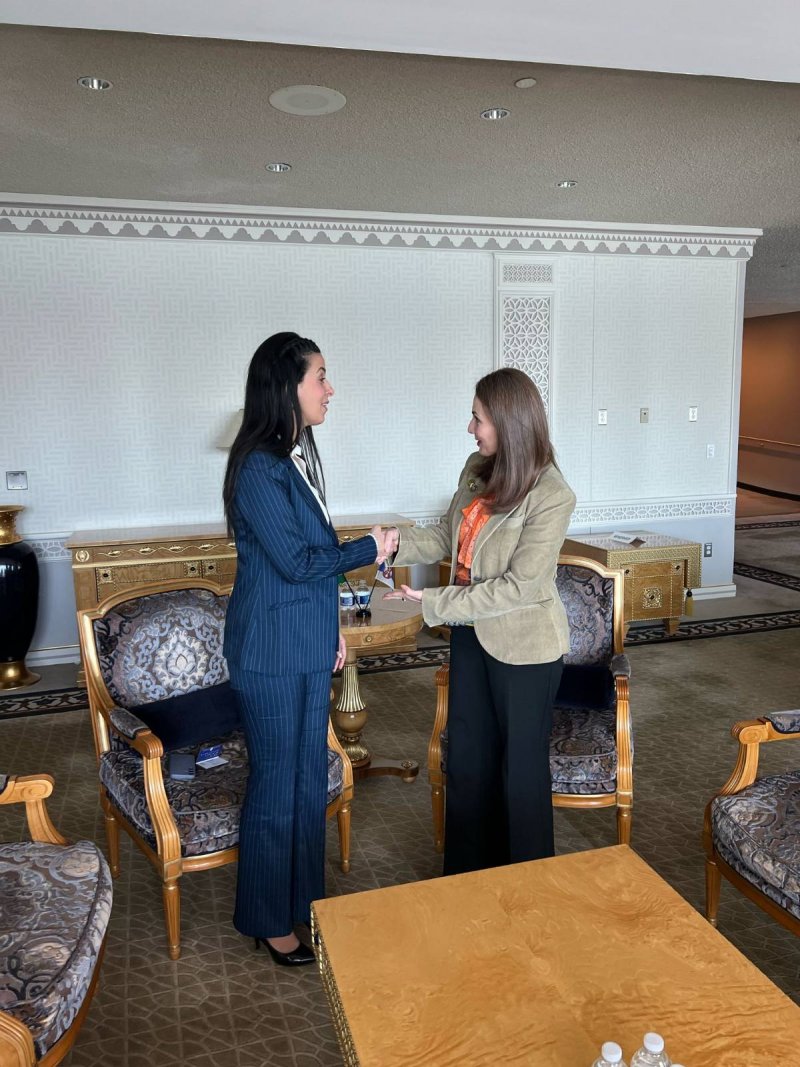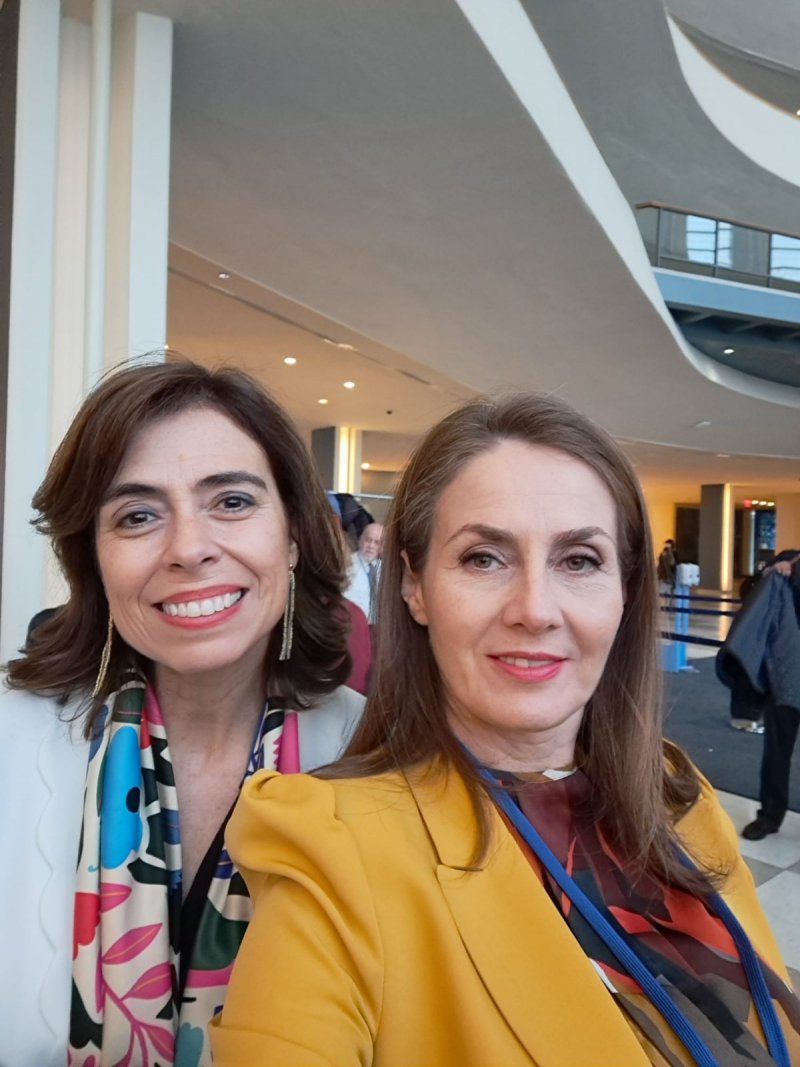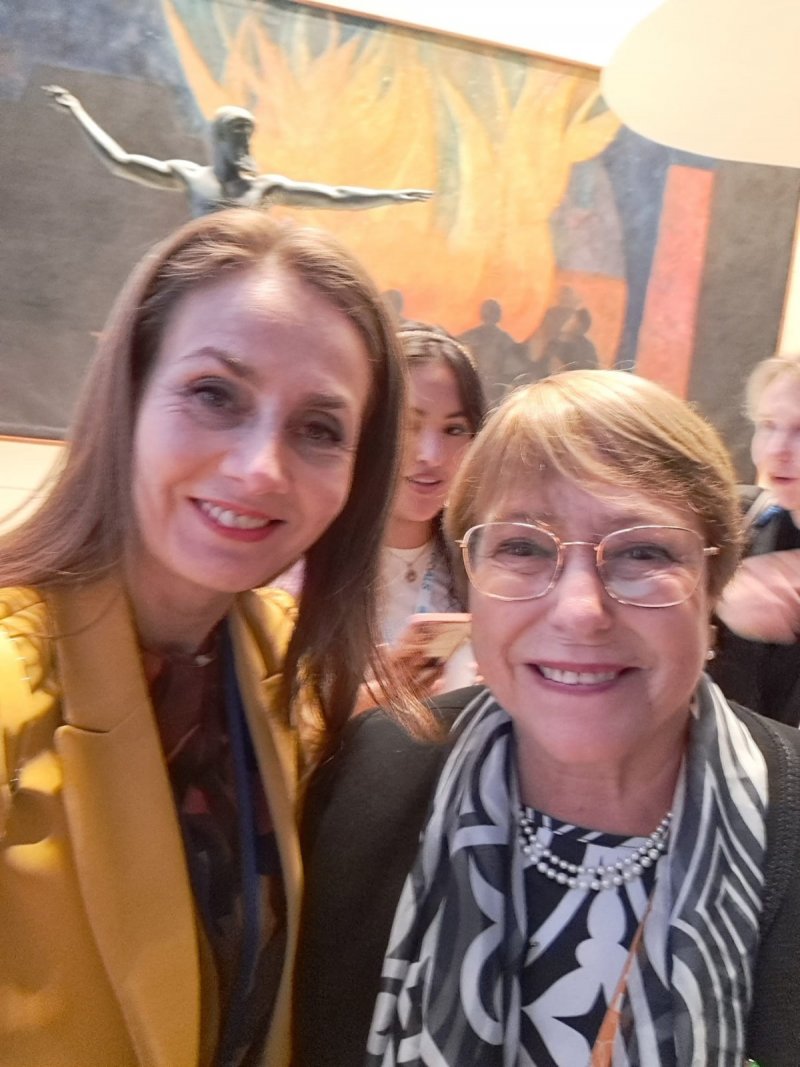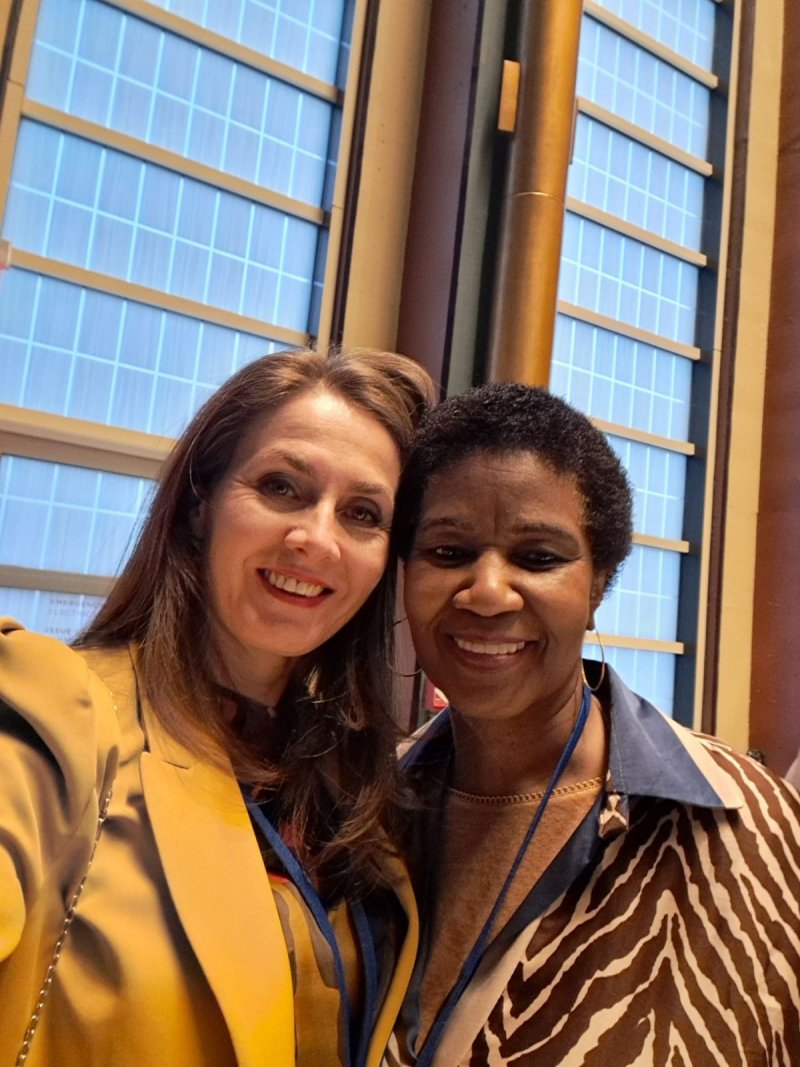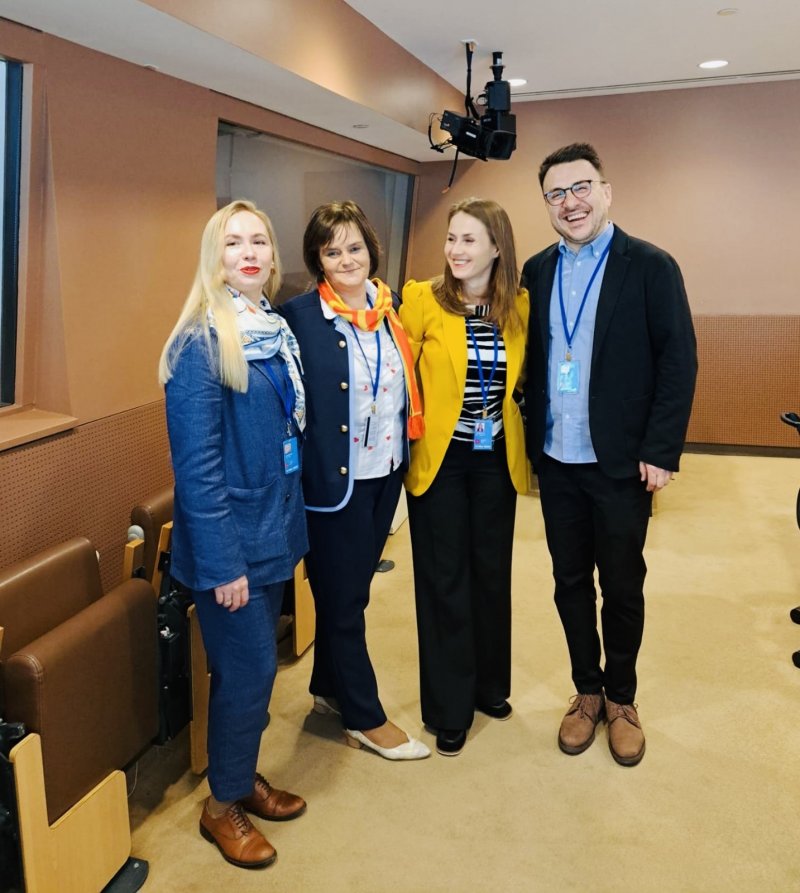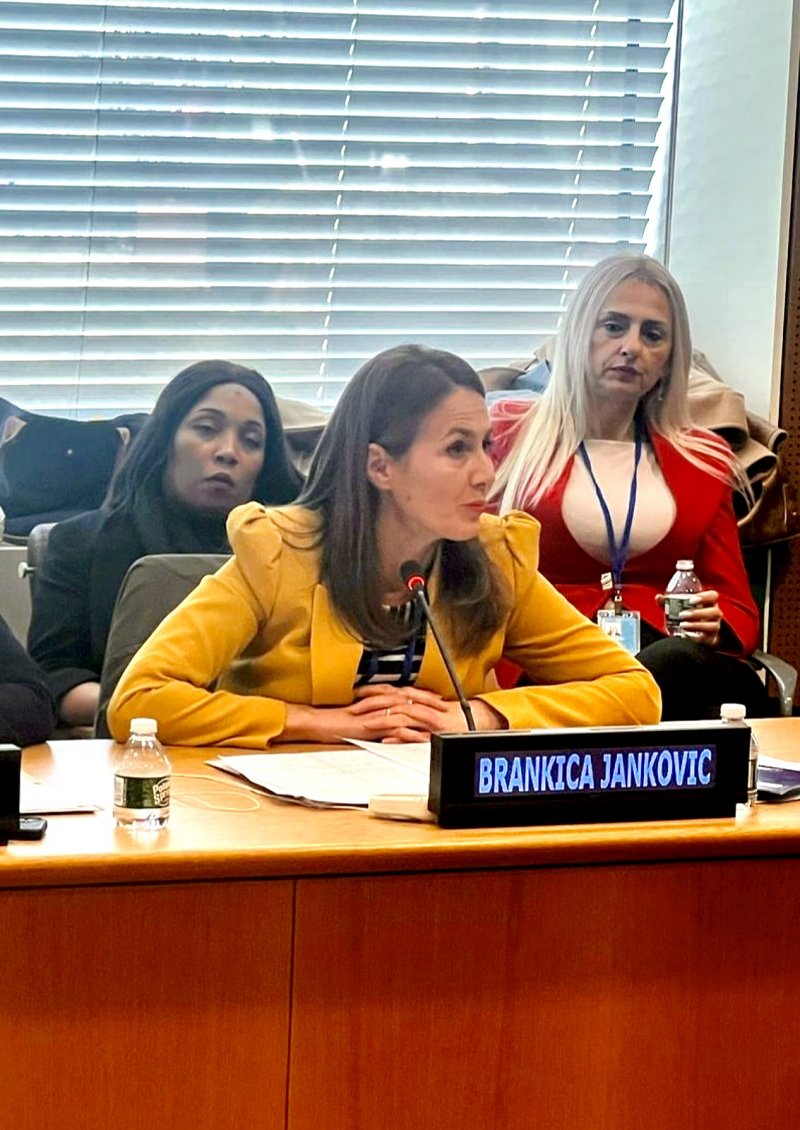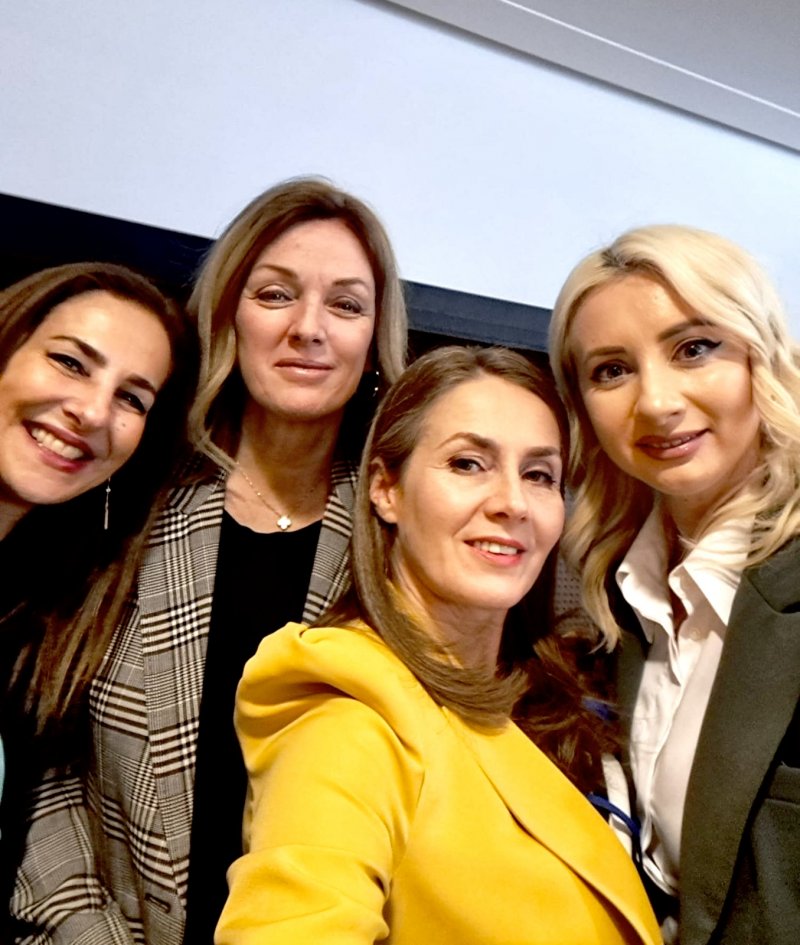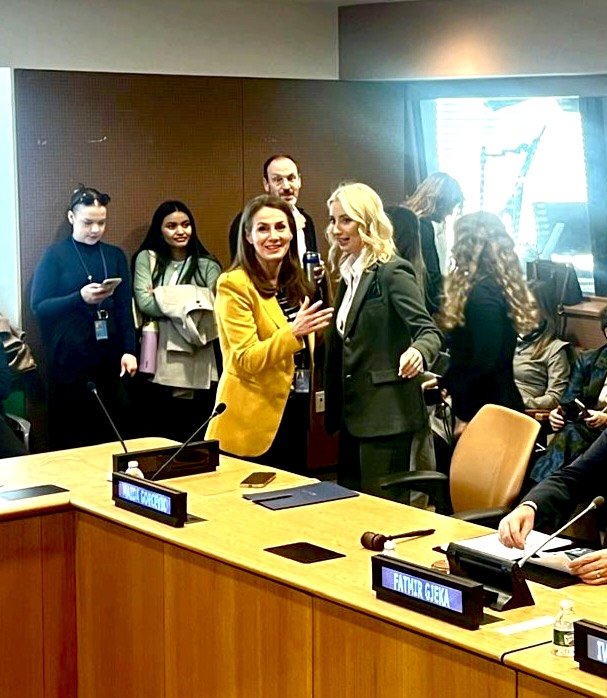Commissioner for the Protection of Equality, Brankica Janković, participated in the 69th session of the UN Commission on the Status of Women, where a series of events at the headquarters of this organization in New York mark the 30th anniversary of the adoption of the Beijing Declaration and the Platform for Action.
At the accompanying event “Women’s leadership and challenging global trends”, which was jointly organized by the Government of Montenegro, UNDP and the Women’s Leadership Network before the opening of the session, Janković emphasized the importance of the activities of institutions for the protection of human rights in the protection of women from discrimination, as well as the promotion of equality and the necessity of preserving and improving the political participation of women, because only in this way can correct decisions be made for the lives of citizens. The Commissioner stated that it is important to network, strengthen one’s capacities, and use all legal possibilities to achieve equality for women in society. Fatmir Đeka, Minister of Human and Minority Rights of Montenegro, as well as Ivana Živković, Assistant Secretary General of the UN, Assistant Administrator and Director of the Regional Bureau for Europe and the Commonwealth of Independent States (CIS) at the UNDP, Maida Gorčević, Minister of European Affairs of Montenegro, Dan Juvan, Secretary of State for Social Affairs of Slovenia, Raquel Lagunas, UNDP, Silvana Koch-Mehrin, President and Founder of Women’s Political Leaders, Yulia Netesova, ODIHR, and Patricia Elias, GDCEWT, also spoke on the panel.
During the 69th session of the Commission for the Status of Women, Janković presented the most important findings of the analysis on the implementation of the Beijing Declaration in the Republic of Serbia, which was carried out by the Commissioner’s institution from the point of view of an independent institution for the protection of equality in cooperation with UNDP Serbia. The analysis provides an overview of achievements in four key areas: women’s education and training, women’s economic empowerment, their participation in government and decision-making, as well as women’s representation in the media.
The analysis shows that progress has been made in these areas over three decades. The number of highly educated women is growing, especially in the ICT sector, where Serbia ranks third in Europe (29%). More than a third of entrepreneurs are women, and more and more of them are in leadership positions (27% women owners, 25% women directors). The data show a significant increase in women’s political participation, while the business sector increasingly focuses on applying ESG standards. Regarding the media, there are more women in journalism, but leadership positions are still mostly male, with stereotypes in reporting. Janković also stated that geopolitical challenges and climate change disproportionately affect women, as well as that their rights are often the first to be attacked, while sexism and misogyny are on the rise, especially in the digital environment.
On the sidelines of the session, the Commissioner had a series of meetings, among others, with UN Secretary General António Guterres, politician and former UN High Commissioner for Human Rights Michelle Bachelet, and former UN Women Director Phumzile Mlambo-Ngcuka.
Instead of equality, women globally are faced with increasing problems: from violence, femicide, poverty, to sexism and misogyny. Any serious discussion about the future must include women and women’s perspectives both nationally and globally. Equality is not a privilege, but a basic human right, emphasized Janković.
